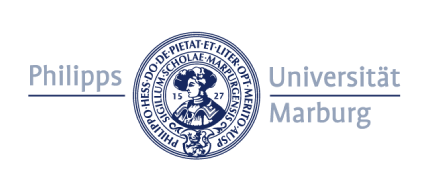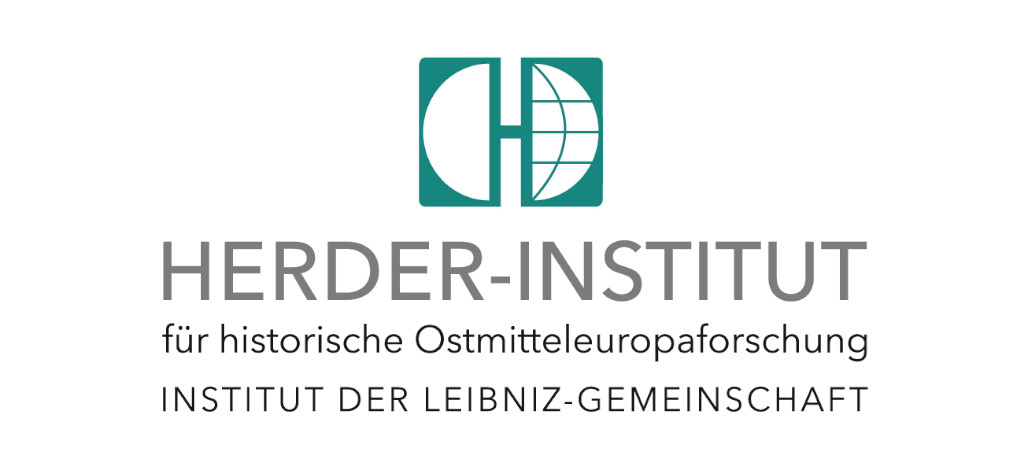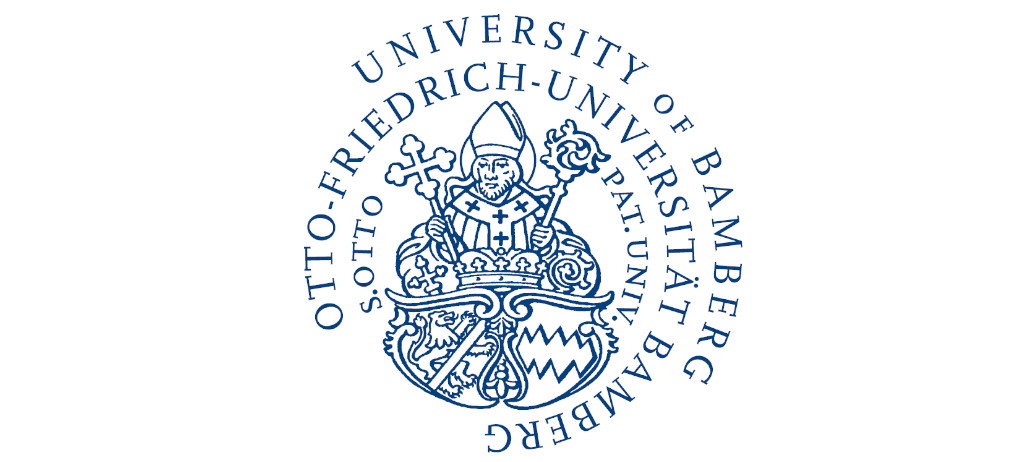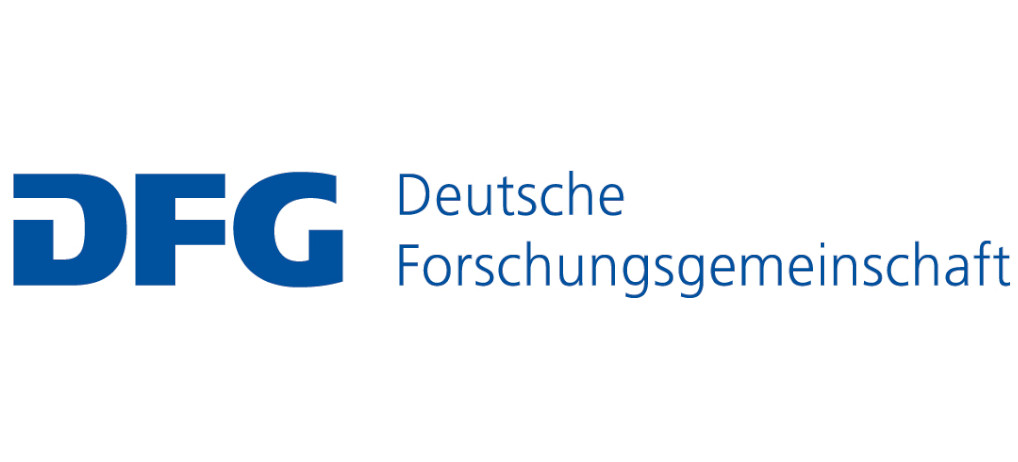Main Content

Nicolas Gäckle
Visiting Fellow (3rd Funding Phase, 2022-2025)
October 2024 until March 2025
Contact
E-Mail
Vita
Since 2020
PhD candidate in History and Theory of International Relations at the Center for International Relations Research, University of Groningen
2017-2020
MA Peace Research and International Relations, University of Tübingen
2013-2017
BA Political Science, University of TübingenResearch Interests
Biopolitical theory
Poststructuralist approaches to International Relations
Experiences and politics of time in the Anthropocene
Conceptual history and non-conceptuality
Critical Security StudiesCurrent Research Projects
My PhD project ‘Experiencing pandemic life: towards an experiential biopolitics’ constitutes the Covid-19 pandemic into an empirical space from which to observe a shift in the functioning of contemporary biopolitical security apparatuses. It suggests that this shift concerns an alteration in the imaginary of life underlying the functioning of biopolitics: securing life – the object of biopolitical governance – does not limit itself to an understanding of the biological living but increasingly takes into account lived experience. The thesis further outlines how this shift is accompanied by a temporal reorientation of biopolitics that moves away from a quintessentially modern, future-oriented outlook towards attempts to render the ‘crisis ordinariness’ (Berlant, 2011) of a stretched emergency present intelligible.
The project’s contribution thus runs along three interrelated lines. First, it empirically assembles and theoretically approximates a biopolitical alignment with experience, and thus a reconsideration of life as the object of biopolitical governance from life to lived experience, from Leben to Erleben. It thereby qualifies the biopolitical reconfiguration of global health by observing how the continuous deepening of the understanding of life in molecular-informational terms is accompanied by an emergent concern for its experiential capacity. Second, it contributes to recent attempts of pluralising readings of the state of emergency in International Relations and adjacent disciplines. By pointing to a growing governmental awareness for the limits of maintaining (pandemic) emergency measures for an extended period of time and a correlating economic concern for the limits of the modern promise of hope, it highlights how the breakdown of a paradigmatic everyday/emergency distinction itself becomes an object of governmental concern. Lastly, through this consideration of the temporal stakes of the stretched emergency, it interrogates the pandemic as a laboratory for probing modes of accounting for an Anthropocenic experience of time that breaks with the progressive and horizon oriented modern imaginary of time and instead articulares ‘experiences of standstill, presentism, and of a world that is fundamentally “out of sync”’ (Jordheim/Wigen, 2018) that recent theoretical advances in IR inspired by conceptual history have started to interrogate.Publications
2024
Dreaming the plague: Experiencing the pandemic present, experimenting with Anthropocene temporalities, Review of International Studies (forthcoming).
Enduring hopelessness: Governance without horizon in pandemic times, in: Valerie Waldow, Pol Bargués and David Chandler (eds): Hope in the Anthropocene: Agency, governance and negation, Edinburgh, Edinburgh University Press, 103-118.
2023
Governing pandemic fatigue: An International Relations case of experiential biopolitics, European Journal of International Relations 29:4, 877-902.
2020
Taming future mobilities: Biopolitics and data behaviourism in the European Travel Information and Authorisation System (ETIAS), Mobilities 15:2, 257-272.



